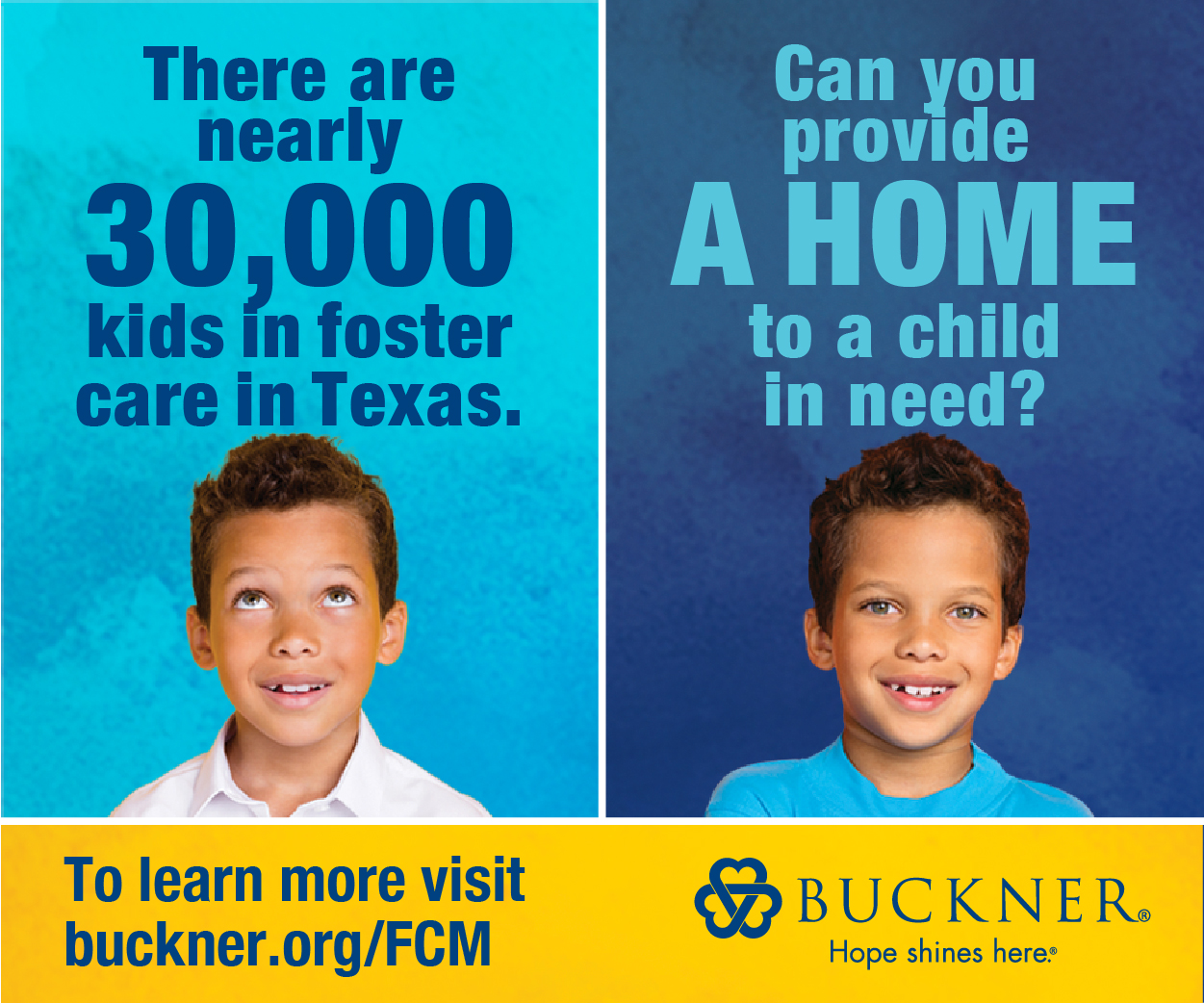WASHINGTON (RNS) — A first-of-its-kind survey finds 88 percent of American Jews say anti-Semitism is a problem in the United States today, and nearly one-third report they avoid publicly wearing, carrying or displaying objects or symbols that might help people identify them as Jewish.
The American Jewish Committee released the survey a few days prior to the anniversary of the Tree of Life synagogue shooting, in which a gunman spewing anti-Semitic invectives stormed into the building carrying three handguns and an AR-15 and shooting indiscriminately. Eleven Jews were killed.
Conducted Sept. 11 to Oct. 6 among a nationally representative sample of 1,283 Jewish respondents, the survey offers a snapshot of a jittery but not quite panicked American community.
“What stood out is how deep and widespread the concern is and how it cuts across different segments of the Jewish community,” said David Harris, CEO of the American Jewish Committee.
It also found that 72 percent of American Jews disapprove of President Donald Trump’s handling of the threat of anti-Semitism and assign greater responsibility to the Republican Party than the Democratic Party for the current level of anti-Semitism in the United States.
‘Rocketed to the top’
This is the first time the American Jewish Committee has undertaken a survey devoted exclusively to anti-Semitism, so it’s difficult to compare the results. But Dov Waxman, a political scientist at Northeastern University who has studied annual surveys of American Jewish attitudes, said there’s a significant increase in the number of Jews who consider anti-Semitism to be a problem. A 2016 survey revealed 73 percent judged it a problem, he said.
“This concern has rocketed to the top of the American Jewish agenda,” said Waxman, a professor of Jewish historical and cultural studies. “It’s becoming the biggest concern for American Jews today.”
The survey found that 31 percent of Jews avoided wearing symbols or objects identifying them as Jews—presumably yarmulkes and jewelry with the Star of David. Another 25 percent said they “always,” “frequently” or “sometimes” avoided certain places, events or situations out of concern for their safety—behavior that is typically more common among European Jews than American Jews.
But relatively few Jews have been personally affected by anti-Semitism. Only 2 percent of respondents reported being the target of a physical anti-Semitic attack; 23 percent reported they were a target of a verbal anti-Semitic attack; and 20 percent said they experienced anti-Semitism on social media.
Sign up for our weekly edition and get all our headlines in your inbox on Thursdays
Seventy-one percent of respondents said the Jewish institutions they know have either hired security guards, posted police officers outside or trained members on how to respond to an attack.
Who is to blame?
American Jews blamed extreme right-wing activists (89 percent) and Islamic extremists (85 percent) for the rise in anti-Semitism. However, only 27 percent rated Islamic extremists a “very serious” threat, whereas 49 percent rated right-wing extremists as a “very serious” threat. By contrast, 64 percent blamed extreme left-wing political actors.
Waxman noted that while many Jewish institutional establishments have stressed the dual nature of right-wing and left-wing anti-Semitism, American Jews overwhelmingly see the threat coming from right-wing extremists.
Last week, the Anti-Defamation League reported at least 12 white supremacists have been arrested on allegations of plotting, threatening or carrying out anti-Semitic attacks in the United States since the massacre at a Pittsburgh synagogue nearly one year ago.
American Jews also appeared to diverge from the message of institutional Jewish leaders on the issue of the boycott, divestment and sanctions movement—the campaign to end international support for Israel’s occupation of Palestinian lands. While 35 percent of American Jews said the movement was “mostly anti-Semitic,” nearly half (47 percent) said only that it had “some anti-Semitic supporters.”
“That’s surprisingly low, compared to the consensus among American Jewish organizations,” said Peter Beinart, a columnist at The Atlantic and a professor of journalism and political science at the City University of New York.
Harris said the American Jewish Committee planned to give the results of the study to each of the candidates for the 2020 presidential election and ask that they develop policy positions in response.
He said the fact that nearly a third of American Jews have changed their behavior as a result of anti-Semitic fear was perhaps the most striking finding from the survey.
“I’d say that’s a pretty serious wake-up call,” Harris said. “That’s not the America in which a lot of us grew up.”
The survey had a margin of error of plus or minus 4.2 percentage points.
















We seek to connect God’s story and God’s people around the world. To learn more about God’s story, click here.
Send comments and feedback to Eric Black, our editor. For comments to be published, please specify “letter to the editor.” Maximum length for publication is 300 words.